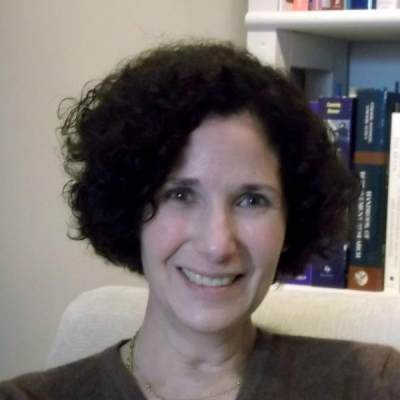Friendship: where heart and history meet
Friendship.
You can choose your friends but you can’t choose your family... Best friends forever... Will you be my friend... And if you won’t, why not? What am I doing wrong? And if you will be my friend, why? What do you see in me that’s friendship-worthy? Why choose me? Why would I choose you? What do I see in you that feels like a safe, nourishing place for a friendship to grow? What might it ask of me; what might it cost me?
What if you like me, and I don’t like you - what might that be telling me about how I experience myself?
Friendship, it would seem, might be more complicated than simply being in the same place as another, though of course proximity or sharing a common space or interest might make for at least a superficial friendship-growing medium. Classrooms, workplaces, sporting activities - they can all create a crucible in which we can find similarities, forge attachments across identities, find in others something that might exist in ourselves, if only within the confines of that particular context.
The idea of being 'self' and also a part of, and apart from, the hinge upon which relationships, friendly or otherwise, might be hung, can be thought of as deriving from our earliest relationships. How we were cared for as infants, how we were held in the family, what ‘family’ was for us, what family legends grew around ourselves and others, all matter. What newspapers and magazines were read, what television programmes were watched, and how this colours a sense of family identity and our place within it, all has something to say about how we might view ourselves in a social world.
How did we experience ourselves and our peers, our teachers, our 'others' at school? Perhaps we valued and kept those relationships going as we’ve aged. Perhaps we jettisoned them as we’ve incarnated in different contexts. What might this be telling us about how we experience relationship and friendship?
Are we the carers, the ones who 'do', the ones who 'can be relied upon to help', without balance or reciprocity? If so, what might this be saying about how we see ourselves? Do we draw our heads into our shells, playing on our own with our own toys rather than joining in, or do we ask to join in?
What would happen if we were to be invited to participate? What happens when a hand is extended, or we extend ours? Are we happy? Uncomfortable? Wary? Can we trust the friendship or ourselves within it? What happens for us when others walk away; can we be resilient in accepting that some relational bonds might be transient, and that ruptures could well be a part of living in a social world? Could there be value in living them as well?
This might have seemed like quite a number of questions one after another, and that’s correct. It might well seem that friendship - relationships born of choice - are predicated on questions too, and these questions can reach into the very heart and history of us.
Friendship and its meaning can carry very complex messages.
These messages could be worth exploring more deeply, especially if we are finding friendships, or aspects of friendships, uncomfortable, or if other relationships are troubling. If any of the questions in this article resonated, perhaps it would be helpful to note the resonance, reflect a bit about what it might mean, and look at it more profoundly in a trustworthy, therapeutic relationship.

Find a therapist dealing with Relationship problems
All therapists are verified professionals






